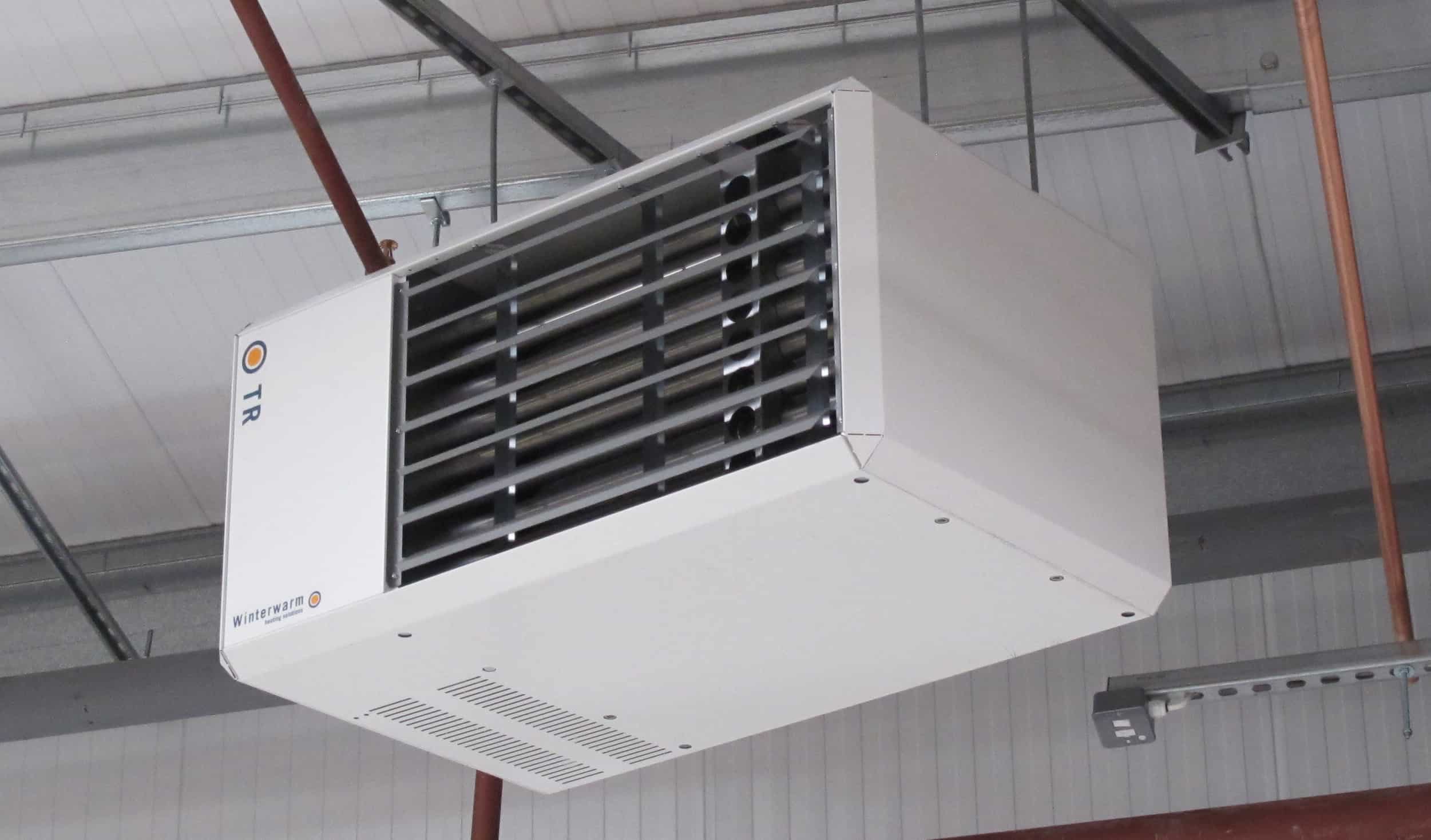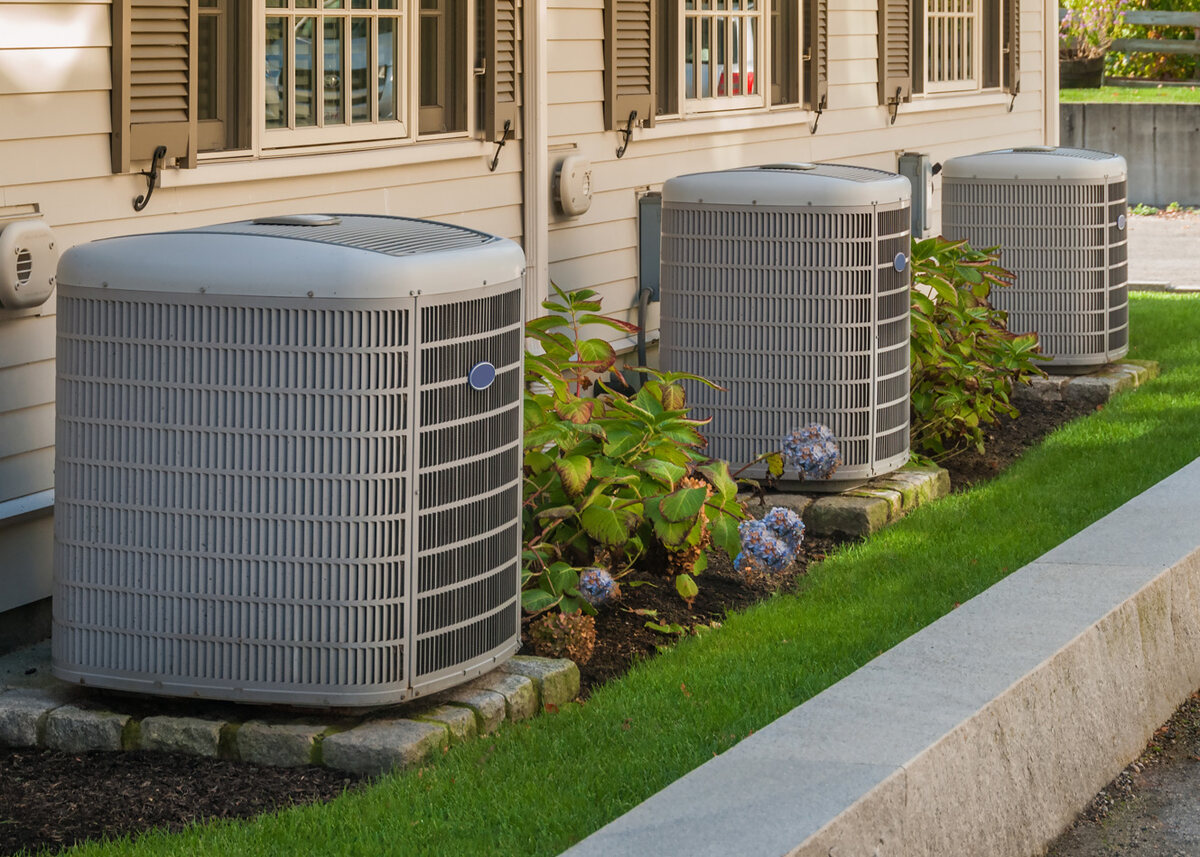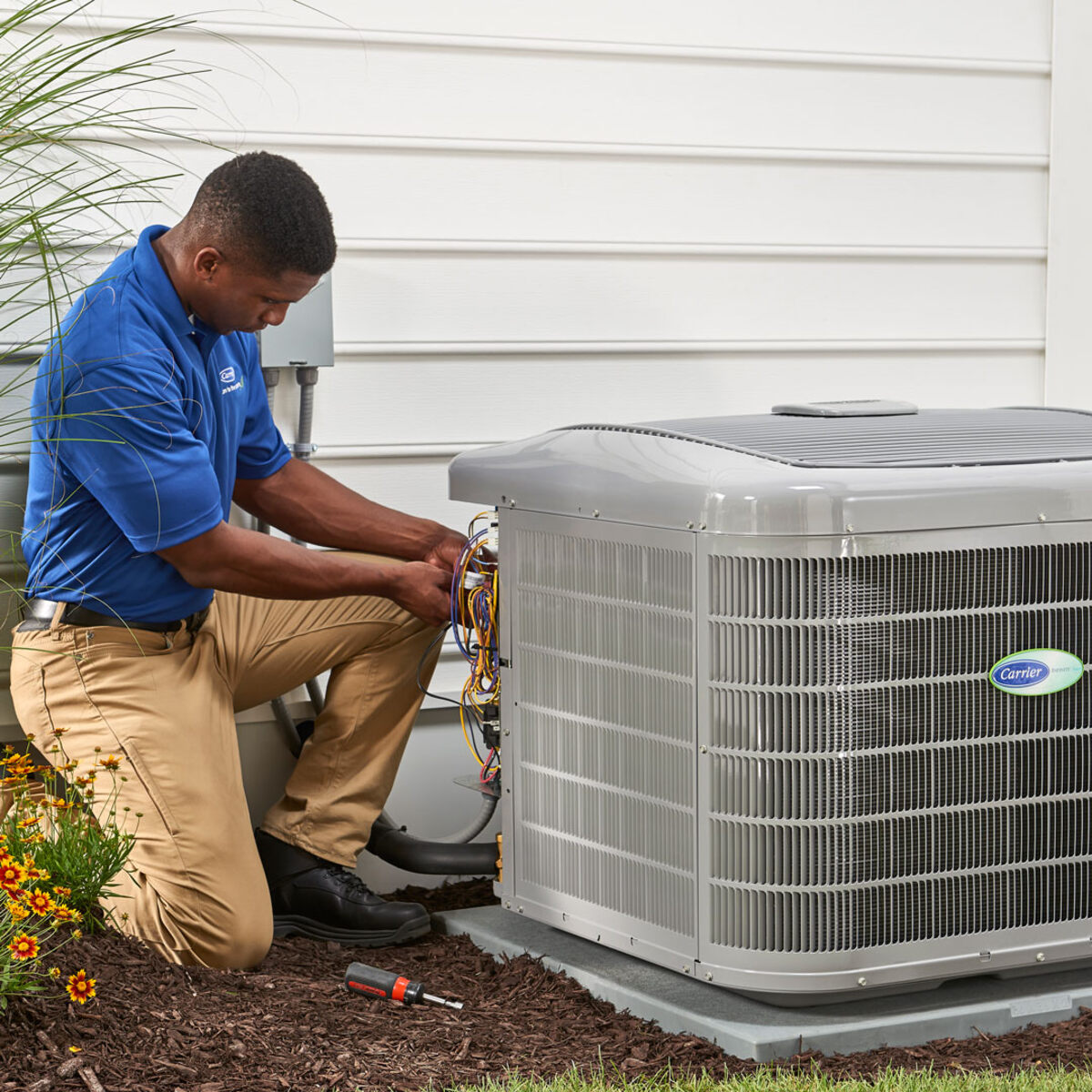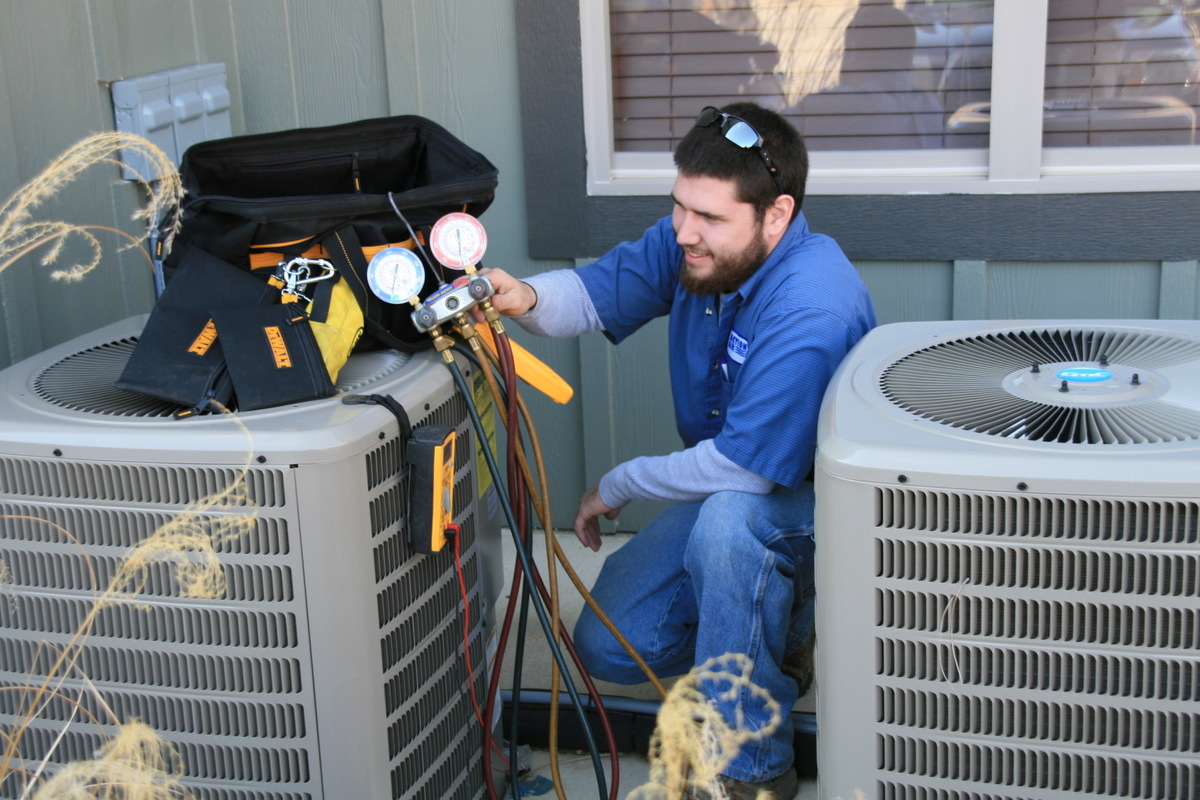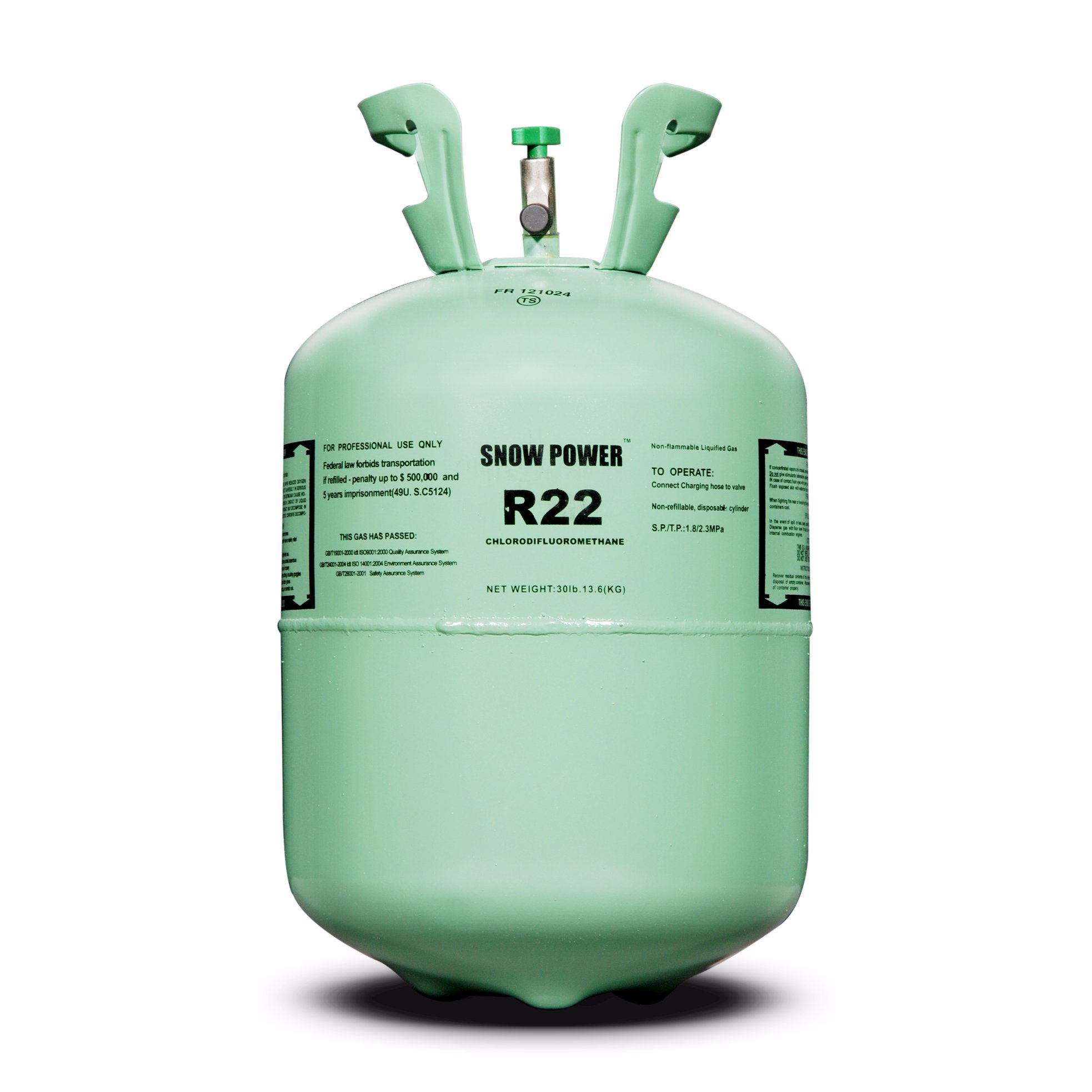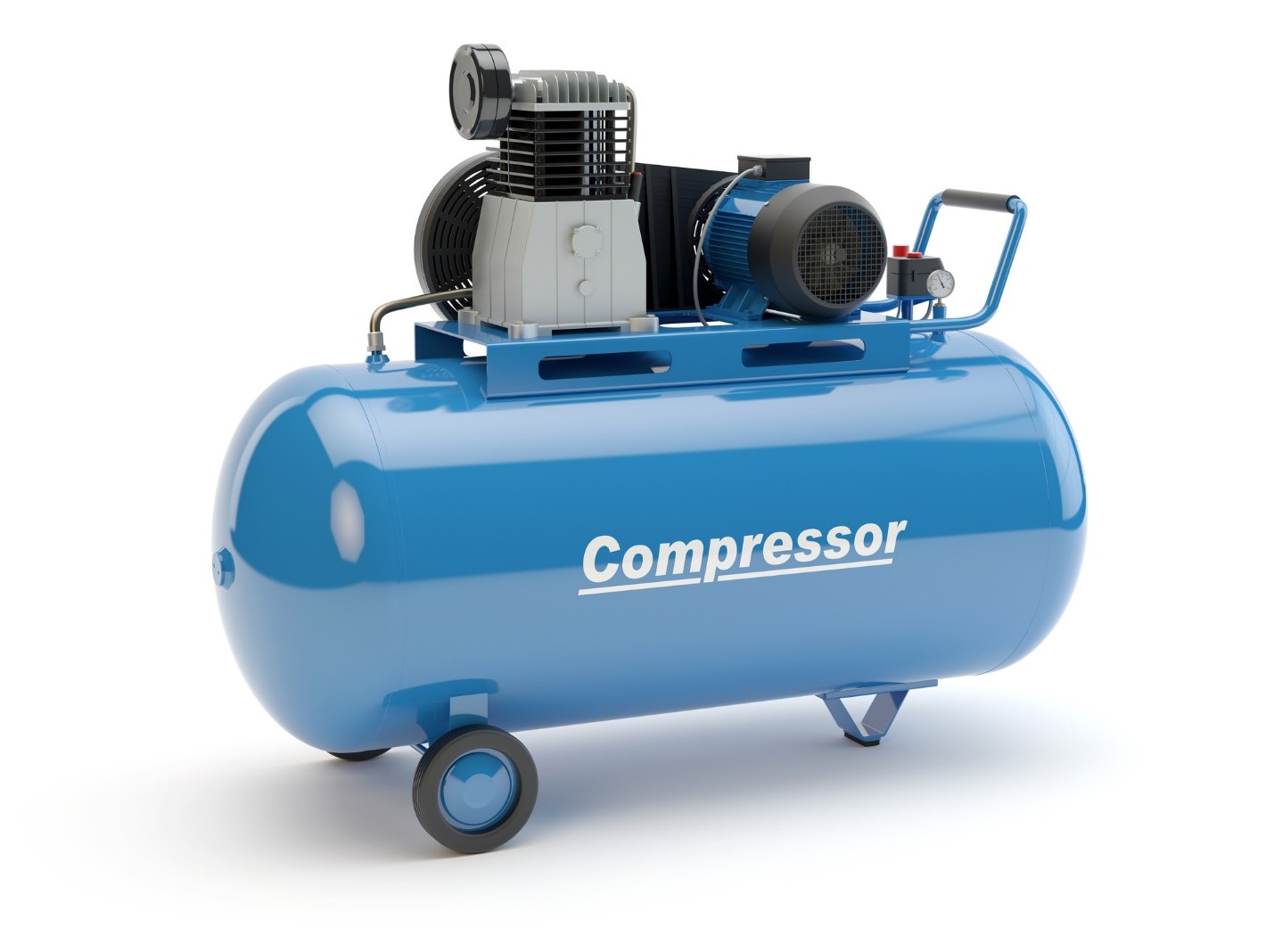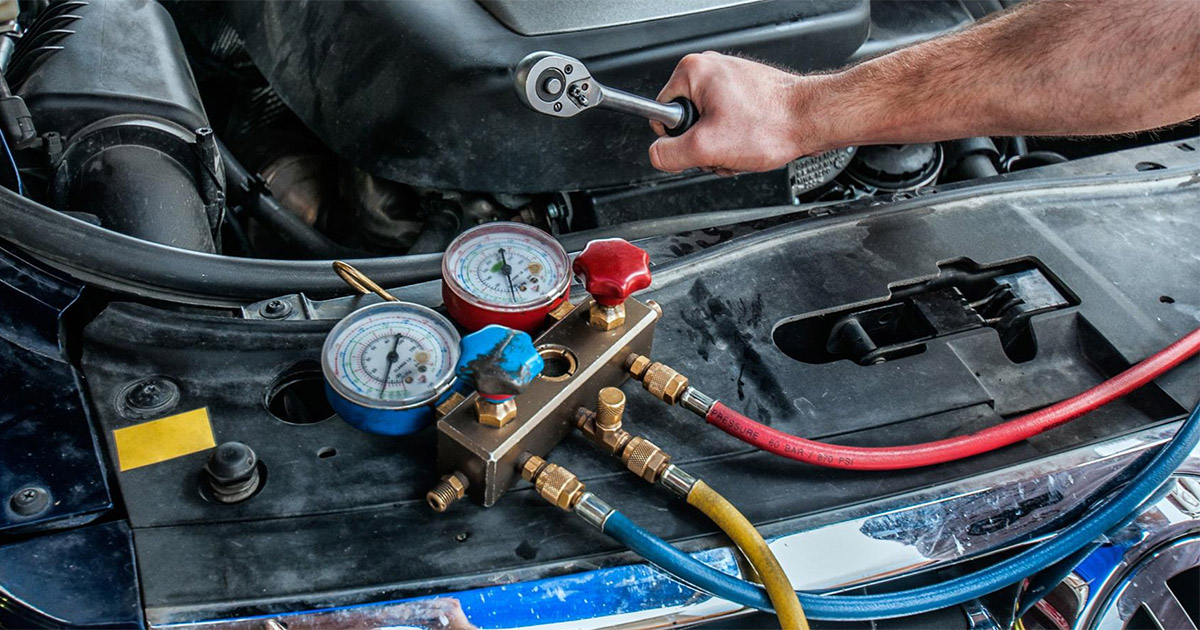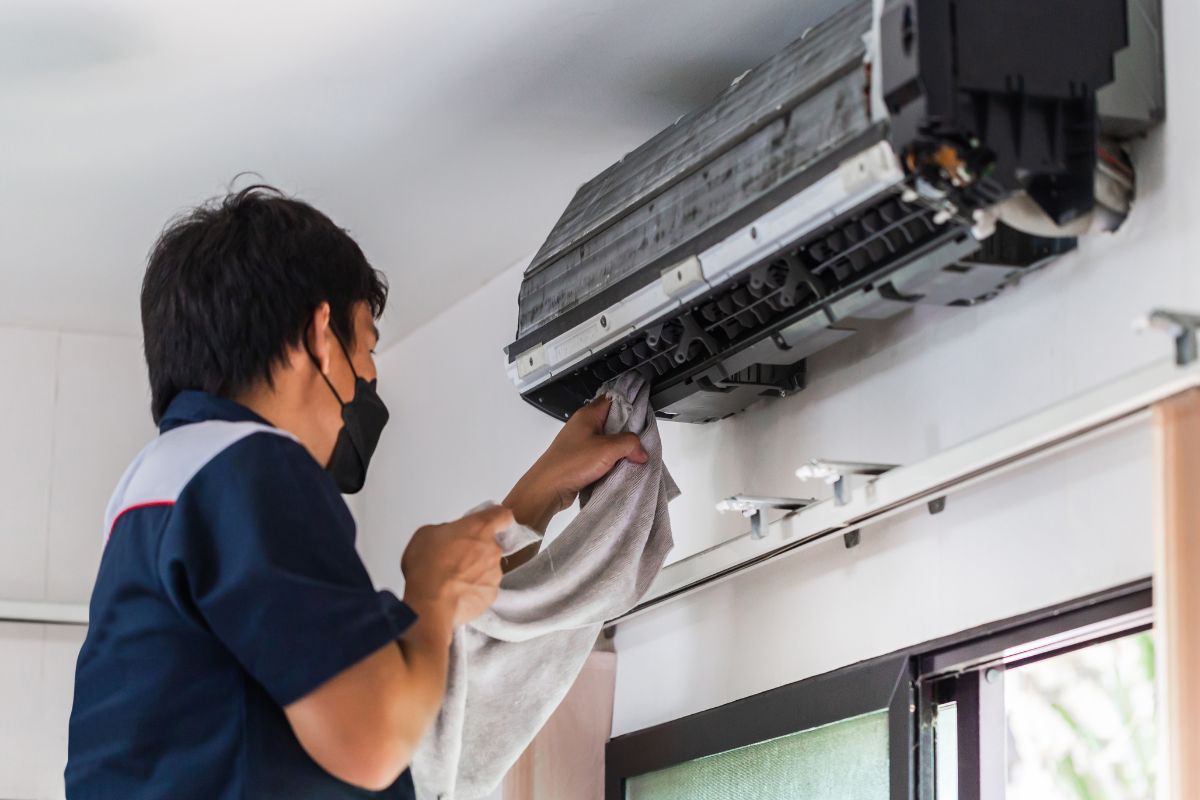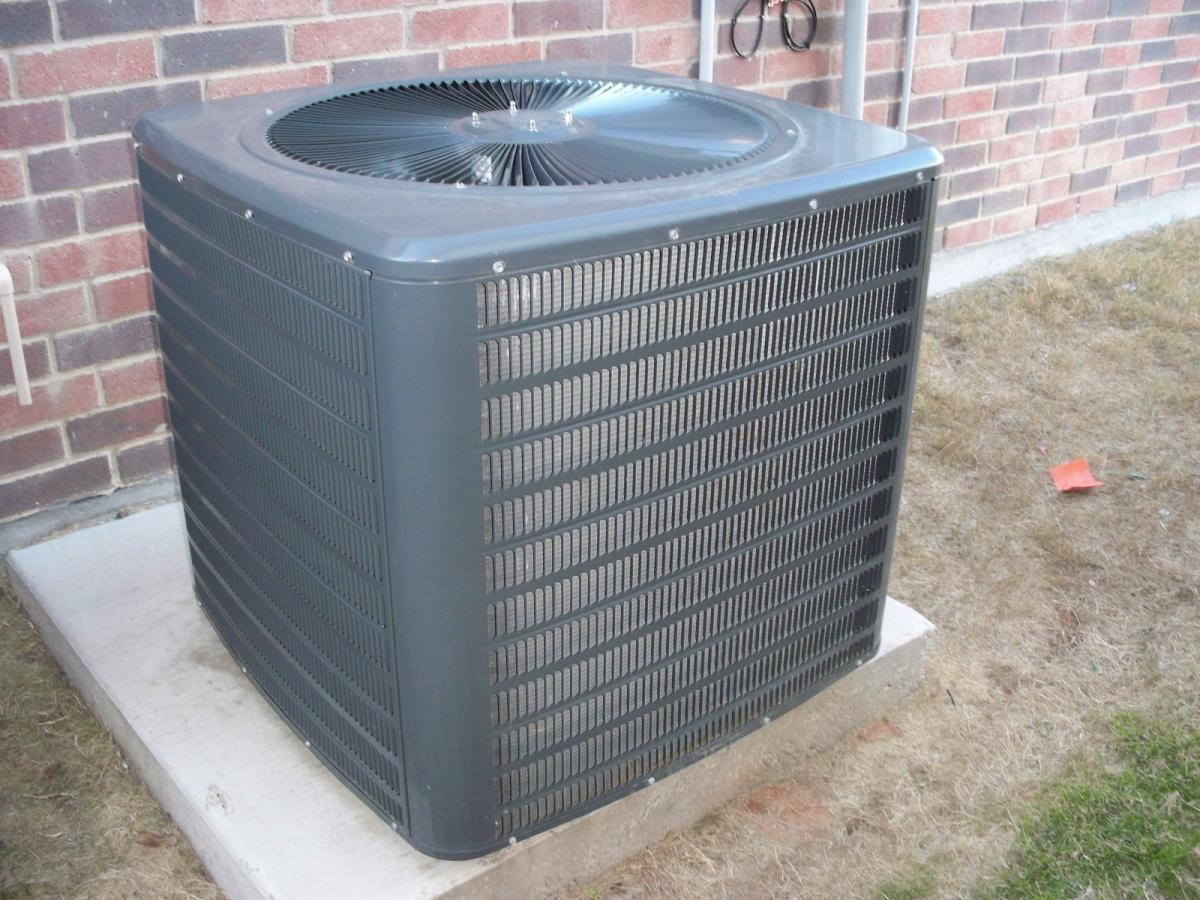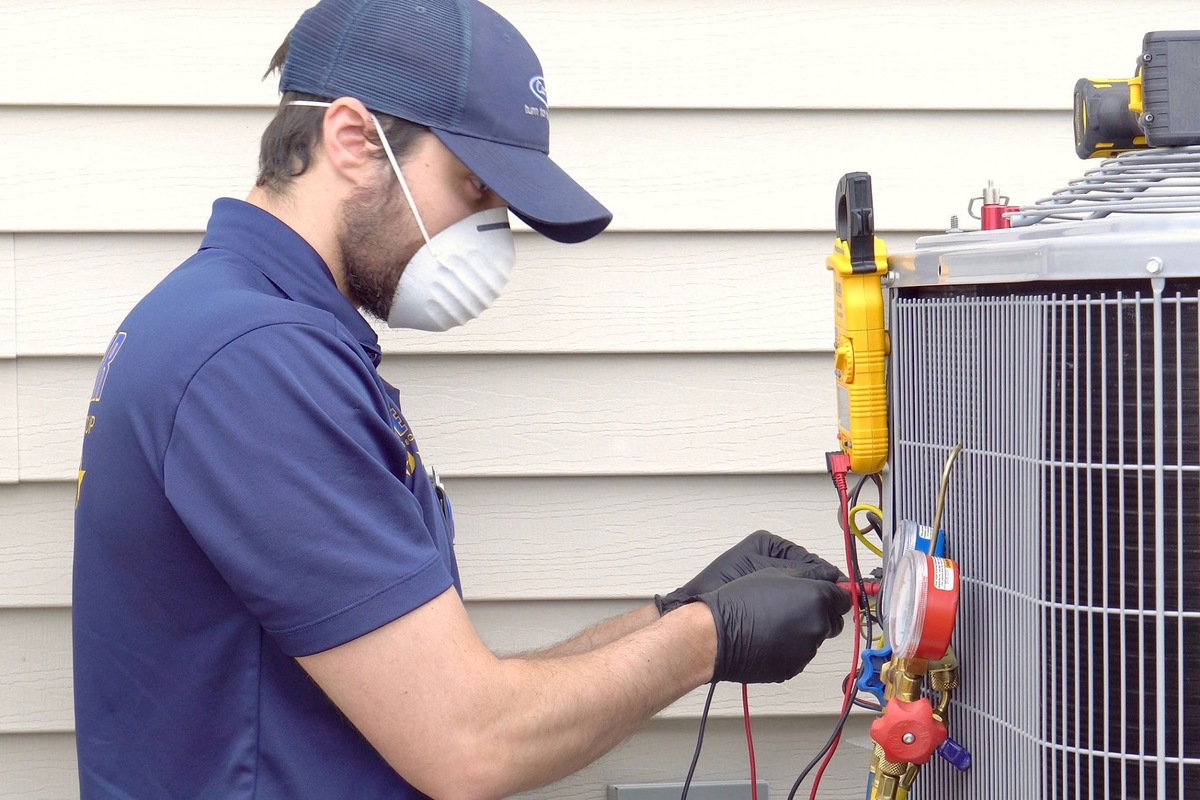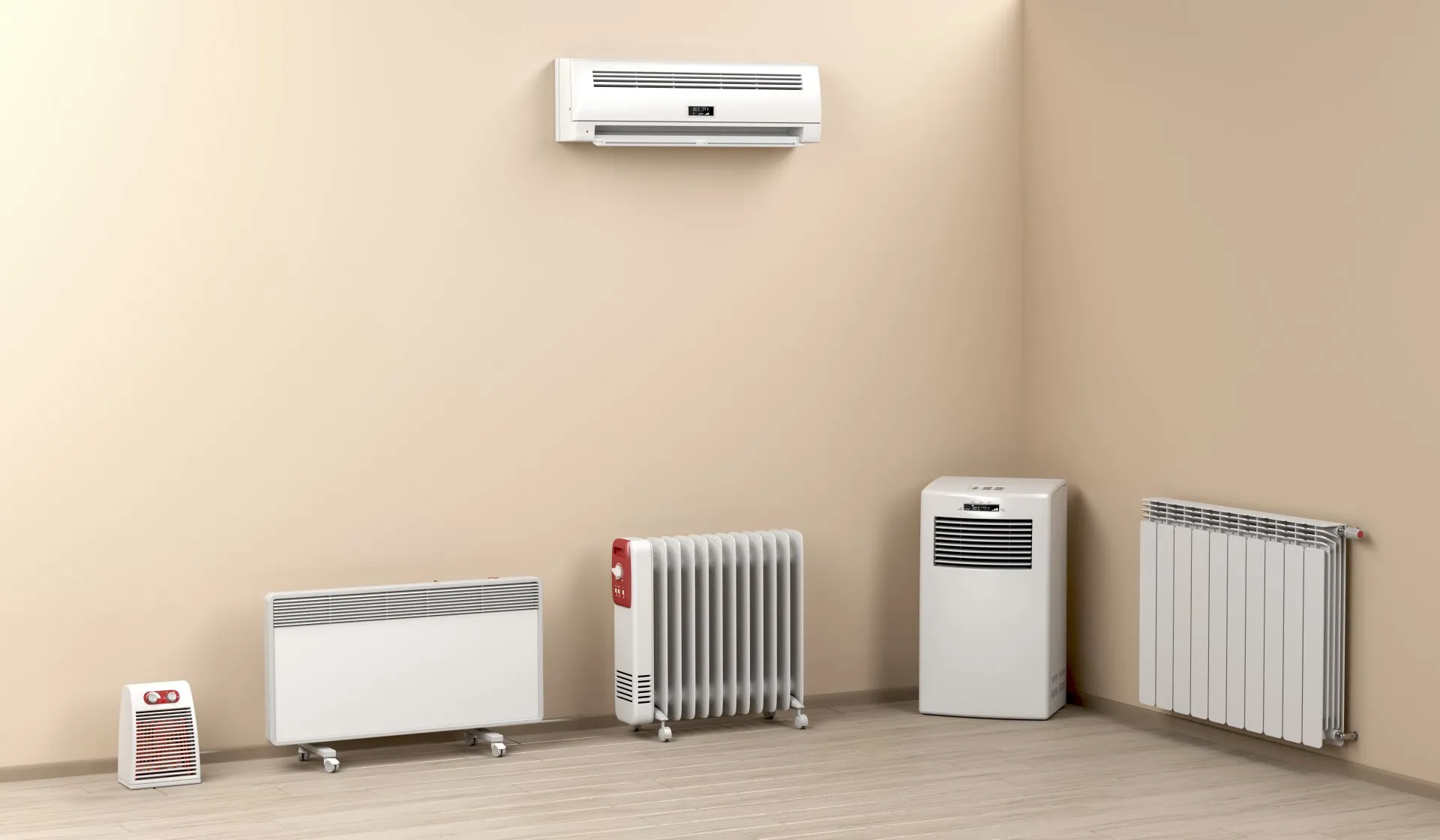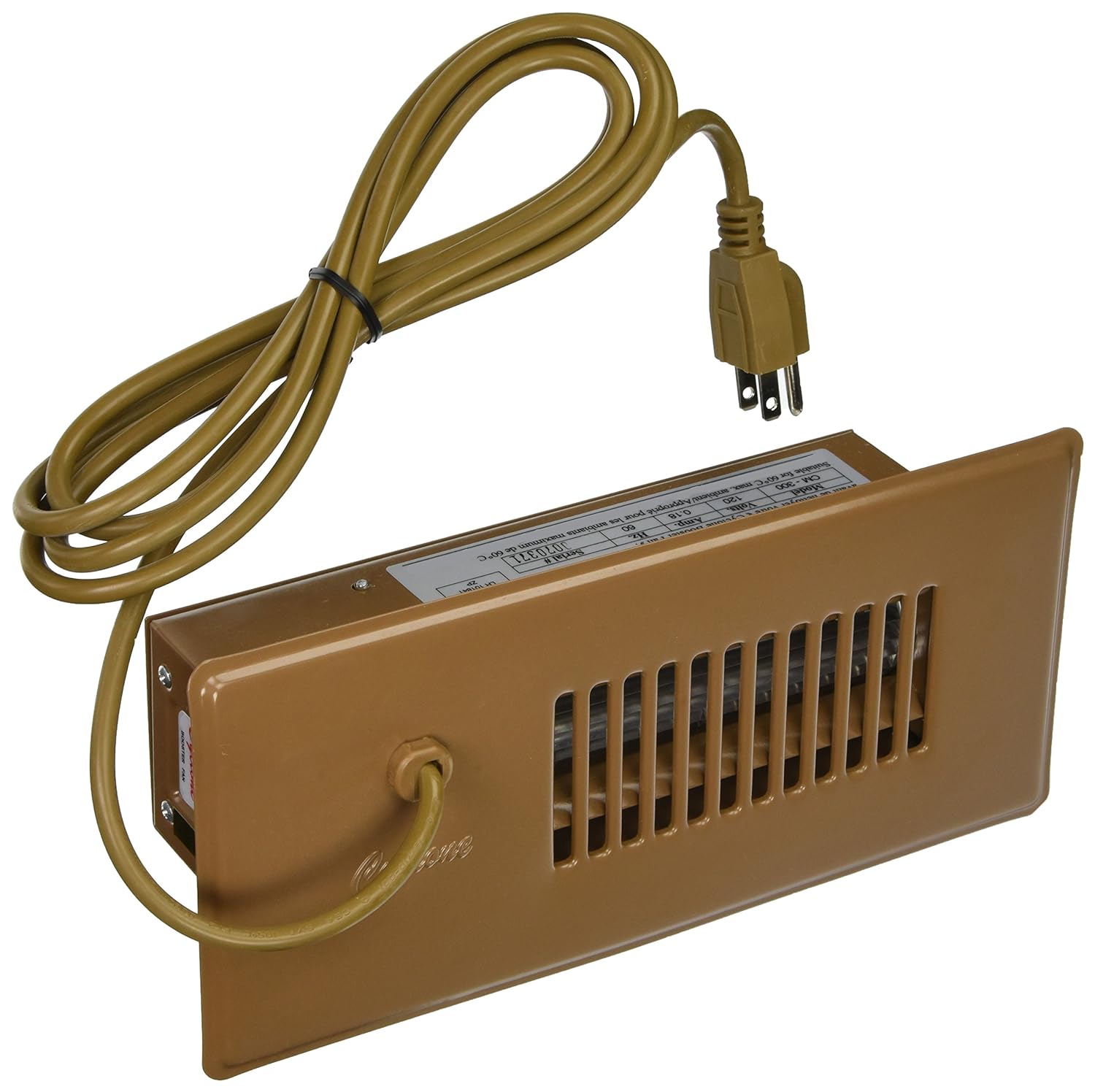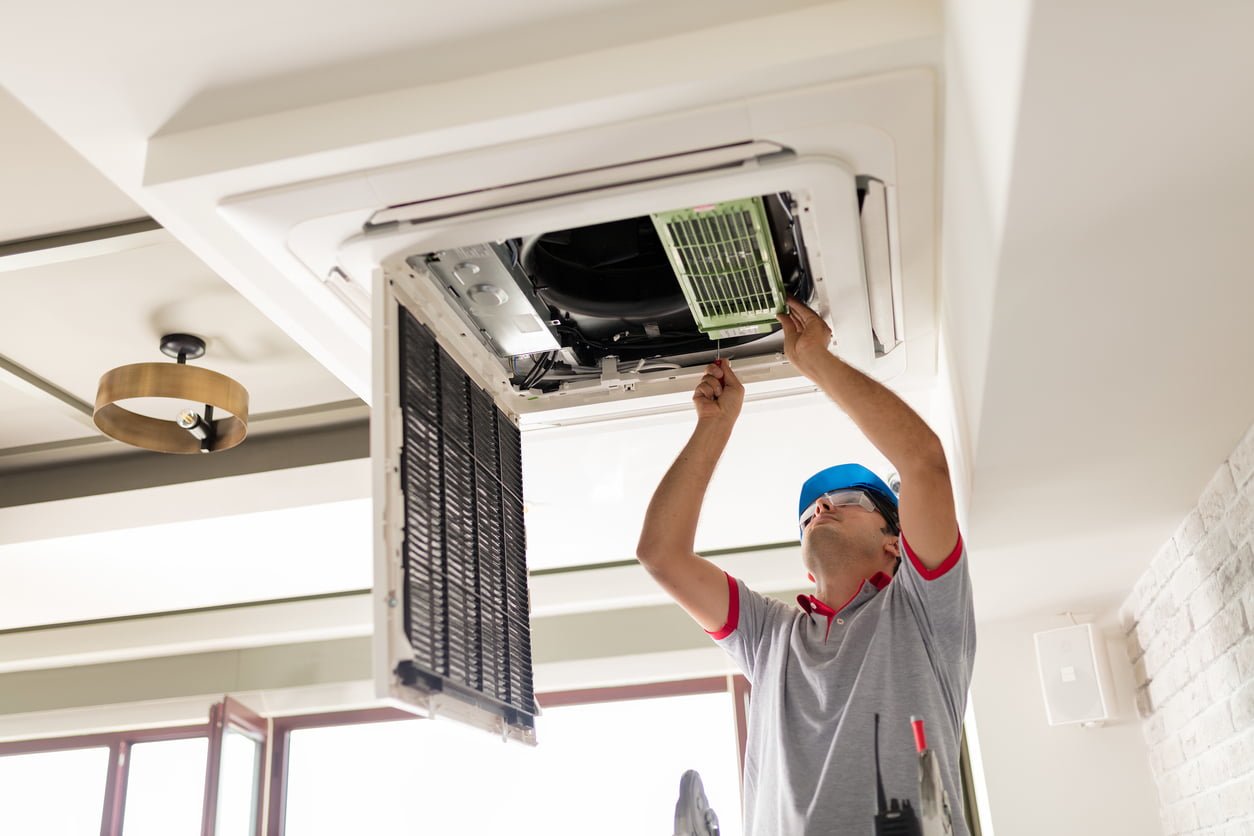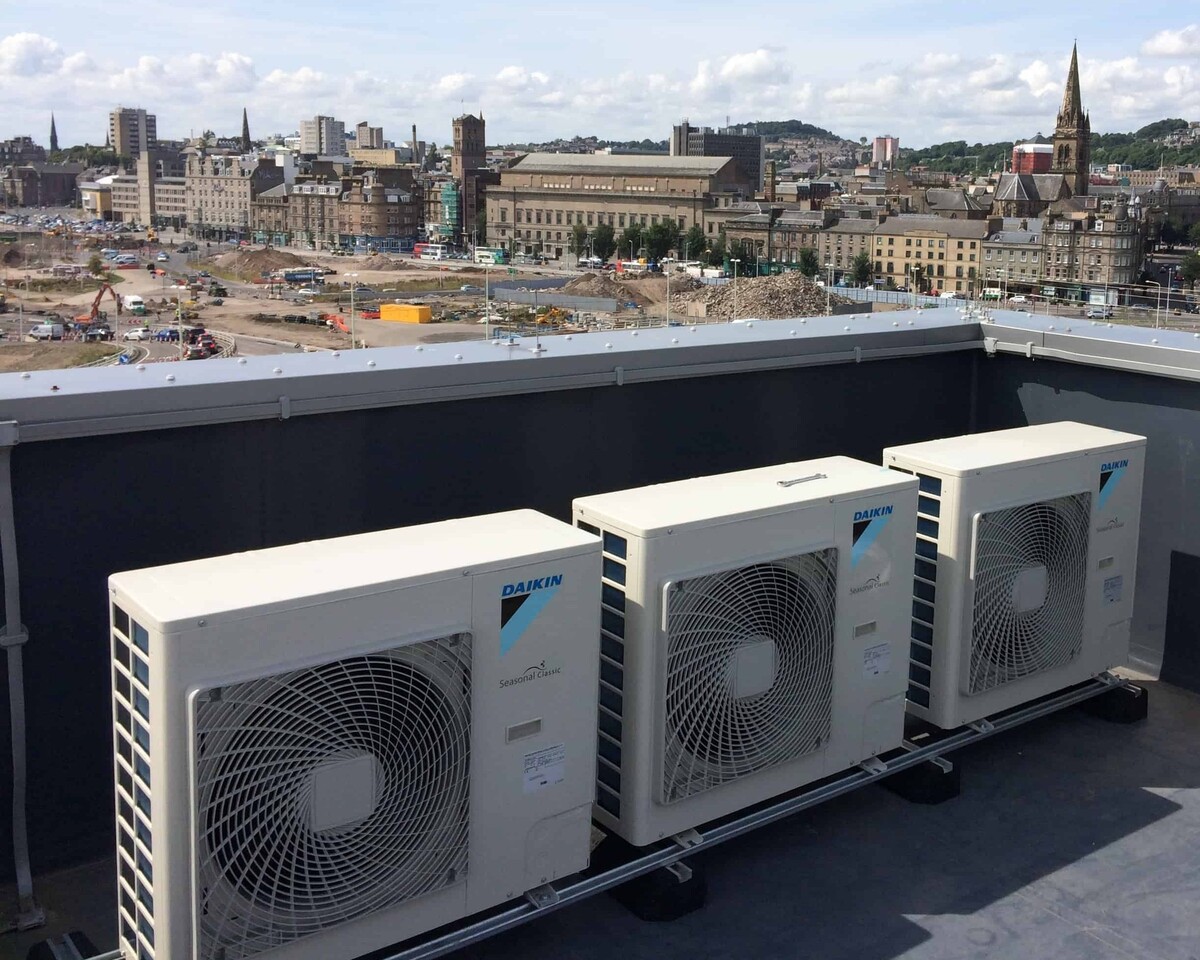Home>Home Maintenance>How Much For A Heating And Air Conditioning Unit
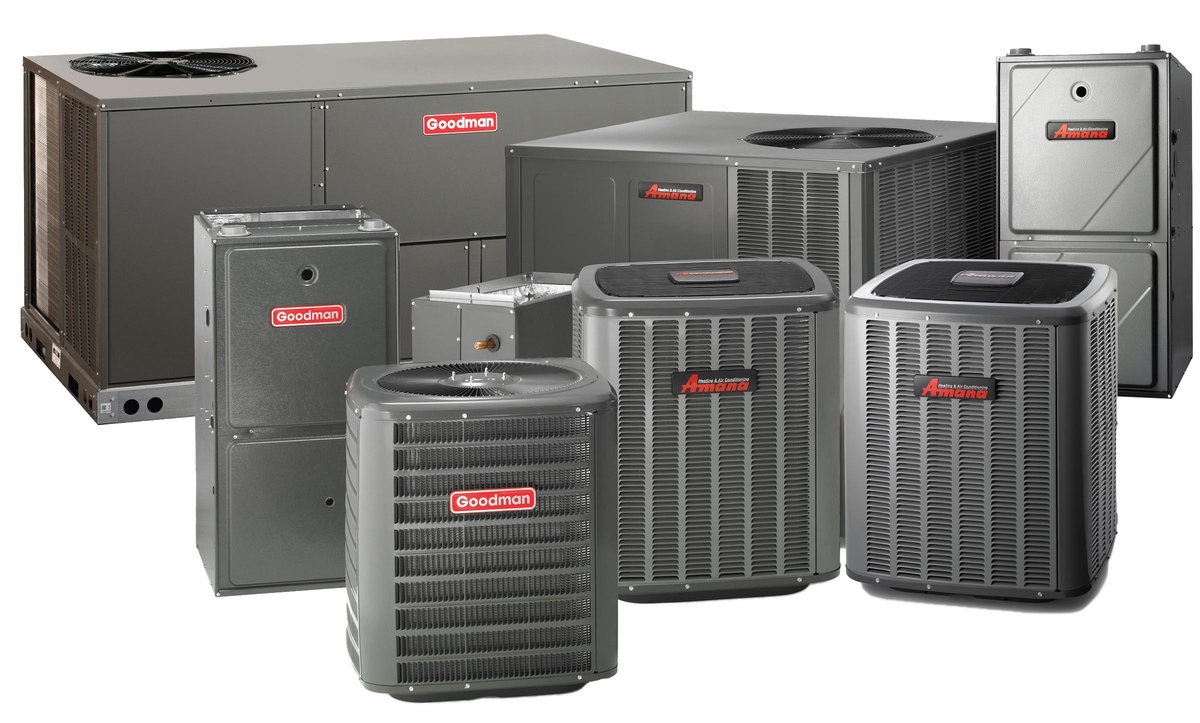

Home Maintenance
How Much For A Heating And Air Conditioning Unit
Modified: March 6, 2024
Get an estimate on the cost of a heating and air conditioning unit for your home maintenance needs. Find the best prices and options available.
(Many of the links in this article redirect to a specific reviewed product. Your purchase of these products through affiliate links helps to generate commission for Storables.com, at no extra cost. Learn more)
Introduction
Welcome to the world of home maintenance, where we tackle the ever-important task of keeping your living space comfortable, efficient, and inviting. One crucial aspect of home maintenance is the proper functioning of heating and air conditioning units. These essential systems not only ensure that your home remains at a pleasant temperature but also contribute to indoor air quality and overall energy efficiency.
Whether you are a homeowner in need of a new heating and air conditioning unit or a curious reader looking to expand your knowledge, this article will guide you through the process of pricing these units. Determining the cost of a heating and air conditioning unit involves considering various factors such as the type of unit, the size of your home, additional features you may want, and the complexity of the installation.
By understanding these factors and exploring the different types of heating and air conditioning units available, you will be equipped to make an informed decision that meets both your budget and your specific home maintenance needs.
So, let’s dive in and explore the world of heating and air conditioning units and discover how much you can expect to pay for these essential home appliances.
Key Takeaways:
- Choose the right-sized, energy-efficient heating and air conditioning unit to save money in the long run. Regular maintenance and sealing your home can also help reduce energy costs and ensure optimal performance.
- Research and compare quotes for different types of heating and air conditioning units. Look for energy-efficient models and take advantage of available rebates and incentives to save money on your investment.
Factors to Consider When Pricing a Heating and Air Conditioning Unit
When it comes to pricing a heating and air conditioning unit, there are several key factors that you need to take into consideration. These factors will not only impact the initial cost of the unit but also affect its long-term efficiency and performance. Let’s explore some of the most important factors below:
- Size of Your Home: The size of your home plays a significant role in determining the size and capacity of the heating and air conditioning unit you need. A larger home will require a more powerful unit to adequately heat and cool the space, while a smaller home may require a smaller and more energy-efficient unit.
- Energy Efficiency: Energy efficiency is a key consideration when pricing a heating and air conditioning unit. High-efficiency units may have a higher upfront cost but can save you money in the long run by reducing energy consumption and lowering your utility bills.
- Installation Complexity: The complexity of the installation can impact the overall pricing of your heating and air conditioning unit. If your home already has existing ductwork, installation may be relatively straightforward. However, if your home requires additional ductwork or modifications to accommodate the new unit, the installation costs may increase.
- Additional Features: Some heating and air conditioning units come with additional features, such as programmable thermostats, zoning capabilities, and advanced filtration systems. While these features can enhance comfort and convenience, they may also add to the cost of the unit.
- Manufacturer and Warranty: The reputation of the manufacturer and the warranty offered on the unit are important factors to consider. Choosing a reputable manufacturer ensures that you are investing in a reliable and durable unit, while a comprehensive warranty provides peace of mind and protection against any potential issues that may arise.
By considering these factors, you can narrow down your options and make a more informed decision when pricing a heating and air conditioning unit. Remember to consult with a professional HVAC technician who can assess your specific needs and recommend the most suitable unit for your home.
Types of Heating and Air Conditioning Units
When it comes to heating and air conditioning units, there are several different types available, each offering unique features and benefits. Understanding these different types will help you choose the one that best fits your home and lifestyle. Let’s explore some of the most common types of heating and air conditioning units:
- Furnaces: Furnaces are one of the most common types of heating units. They work by circulating heated air through ducts and vents to warm your home. Furnaces can be powered by natural gas, oil, or electricity, and they are available in various sizes and energy efficiency levels.
- Heat Pumps: Heat pumps are versatile units that can both heat and cool your home. They work by transferring heat energy between the inside and outside of your home. Heat pumps are known for their energy efficiency and can be a cost-effective option for mild climates.
- Central Air Conditioning: Central air conditioning units use ducts to distribute cool air throughout your home. These units are typically combined with a furnace or air handler to provide both heating and cooling capabilities. Central air conditioning is popular for its ability to cool large spaces effectively.
- Ductless Mini-Split Systems: Ductless mini-split systems are ideal for homes without existing ductwork. They consist of an outdoor unit and one or more indoor units, allowing for zoned cooling and heating. Ductless systems are highly versatile and energy-efficient.
- Geothermal Systems: Geothermal systems tap into the earth’s constant temperature to provide heating and cooling. They use pipes buried underground to transfer heat into or out of your home. While geothermal systems have higher upfront costs, they offer significant energy savings in the long run.
Each type of heating and air conditioning unit comes with its own set of advantages and considerations. Factors such as your climate, budget, and home layout will influence which type of unit is the best fit for your needs. Consulting with an HVAC professional will help you determine the most suitable option for your home.
Average Costs of Heating and Air Conditioning Units
The cost of a heating and air conditioning unit can vary depending on factors such as the size of your home, the type of unit, and any additional features you may choose. While it’s difficult to provide an exact cost without assessing your specific needs, we can give you a general idea of the average costs for these units.
For furnaces, the average cost ranges from $2,500 to $5,500, including installation. However, higher-end furnaces or those with advanced features can cost upwards of $10,000.
Heat pumps typically have a higher upfront cost, with an average range of $3,500 to $8,000. The cost can increase depending on the size of the unit, energy efficiency ratings, and any additional features.
Central air conditioning units have an average cost of around $2,500 to $7,500, including installation. The price can be influenced by factors such as the size of your home, the complexity of the installation, and the energy efficiency level of the unit.
Ductless mini-split systems have a wider price range, with an average cost ranging from $2,000 to $8,000, depending on the number of indoor units needed and the complexity of the installation.
Geothermal systems are the most expensive option, with average costs ranging from $15,000 to $30,000 or more, depending on the size of your home and the depth of the geothermal loop installation.
It’s important to remember that these are rough estimates, and the final cost can vary depending on various factors. Additionally, installation costs, permits, and other associated expenses can also contribute to the overall cost.
To get a more accurate estimate, it’s recommended to reach out to HVAC professionals who can assess your specific needs and provide you with a detailed quote based on your requirements.
When considering the cost of a heating and air conditioning unit, it’s important to factor in the size of your home, the efficiency of the unit, and any additional features you may want. It’s best to consult with a professional to get an accurate estimate for your specific needs.
Additional Costs to Consider
When pricing a heating and air conditioning unit, it’s essential to consider not only the upfront costs of the unit itself but also any additional expenses that may arise during the installation and maintenance process. Here are some additional costs to keep in mind:
- Installation Costs: Installation costs can vary depending on factors such as the complexity of the installation, the type of unit, and any necessary modifications or upgrades to your home’s infrastructure. It’s crucial to get quotes from reputable HVAC professionals to understand the specific installation costs for your project.
- Permits and Inspections: Depending on your location, you may need to obtain permits and schedule inspections for the installation of your heating and air conditioning unit. These additional costs can vary but are necessary for compliance with local building codes and regulations.
- Maintenance and Repairs: Over time, your heating and air conditioning unit will require regular maintenance, such as filter replacements, duct cleaning, and tune-ups. It’s important to budget for these ongoing maintenance costs to ensure the longevity and optimal performance of your unit.
- Energy Costs: While not directly related to the installation, it’s important to consider the long-term energy costs associated with running your heating and air conditioning unit. High-efficiency units may cost more upfront but can result in significant energy savings over time, reducing your monthly utility bills.
- Extended Warranties: While many heating and air conditioning units come with a standard manufacturer’s warranty, you may have the option to purchase extended warranties for additional coverage. These warranties can provide added peace of mind but come with their own costs.
Considering these additional costs will help you budget more accurately when pricing a heating and air conditioning unit. It’s always a good idea to talk to HVAC professionals, get multiple quotes, and carefully review any contract terms and warranties to ensure you have a complete understanding of the costs involved.
Tips for Saving Money on a Heating and Air Conditioning Unit
Investing in a new heating and air conditioning unit can be a significant expense, but there are several ways you can save money throughout the process. Here are some tips to help you get the most value for your investment:
- Choose Energy-Efficient Units: Opt for heating and air conditioning units with high energy efficiency ratings (SEER for air conditioners and AFUE for furnaces). While they may have a higher upfront cost, energy-efficient units can significantly reduce your monthly utility bills in the long run.
- Size the Unit Correctly: Ensure that the heating and air conditioning unit is properly sized for your home. Oversized or undersized units can lead to inefficient operation and increased energy consumption. Consult with an HVAC professional who can perform a load calculation to determine the right size for your specific needs.
- Seal and Insulate Your Home: Properly seal air leaks and add insulation to your home to minimize energy loss. This will reduce the strain on your heating and cooling unit and help maintain a comfortable indoor temperature without excessive energy use.
- Programmable Thermostats: Install programmable thermostats to automatically adjust the temperature settings based on your schedule. This ensures that your heating and air conditioning unit is not running unnecessarily, leading to energy savings.
- Maintain Regular Maintenance: Keep up with regular maintenance tasks such as filter replacements, cleaning coils, and scheduling professional tune-ups. Well-maintained units operate more efficiently, have a longer lifespan, and can help you avoid costly repairs.
- Consider Rebates and Incentives: Check for available rebates and incentives offered by manufacturers, utility companies, or government programs for energy-efficient heating and air conditioning units. These programs can provide financial incentives to offset some of the initial costs.
- Compare Multiple Quotes: Obtain quotes from different HVAC professionals to compare prices, warranties, and services. Don’t be afraid to negotiate and ask for discounts or package deals to get the best value for your money.
By implementing these money-saving tips, you can reduce the overall cost of your heating and air conditioning unit and enjoy long-term energy savings. Remember, investing in quality equipment and professional installation is crucial for optimal performance and efficiency.
Conclusion
Pricing a heating and air conditioning unit involves considering various factors such as the size of your home, energy efficiency, installation complexity, additional features, and manufacturer reputation. Understanding these factors is essential to make an informed decision that fits your budget and home maintenance needs.
There are different types of heating and air conditioning units available, including furnaces, heat pumps, central air conditioning, ductless mini-split systems, and geothermal systems. Each type has its own advantages and considerations, and consulting with an HVAC professional will help you determine the most suitable option for your home.
When estimating the costs, it’s important to consider not only the upfront cost of the unit but also installation costs, permits, maintenance, and energy expenses. Getting multiple quotes, comparing warranties, and considering energy-efficient models can help you save money in the long run.
In conclusion, pricing a heating and air conditioning unit requires careful consideration of multiple factors. By taking the time to research, consult with professionals, and explore your options, you can make an informed decision that ensures your home remains comfortable, efficient, and inviting for years to come.
Remember, investing in the right heating and air conditioning unit is an investment in your home’s comfort and energy efficiency, so it’s worth taking the time to find the best solution for your specific needs. Stay informed, take advantage of available resources, and consult with experts to make the most informed decision possible.
Frequently Asked Questions about How Much For A Heating And Air Conditioning Unit
Was this page helpful?
At Storables.com, we guarantee accurate and reliable information. Our content, validated by Expert Board Contributors, is crafted following stringent Editorial Policies. We're committed to providing you with well-researched, expert-backed insights for all your informational needs.
